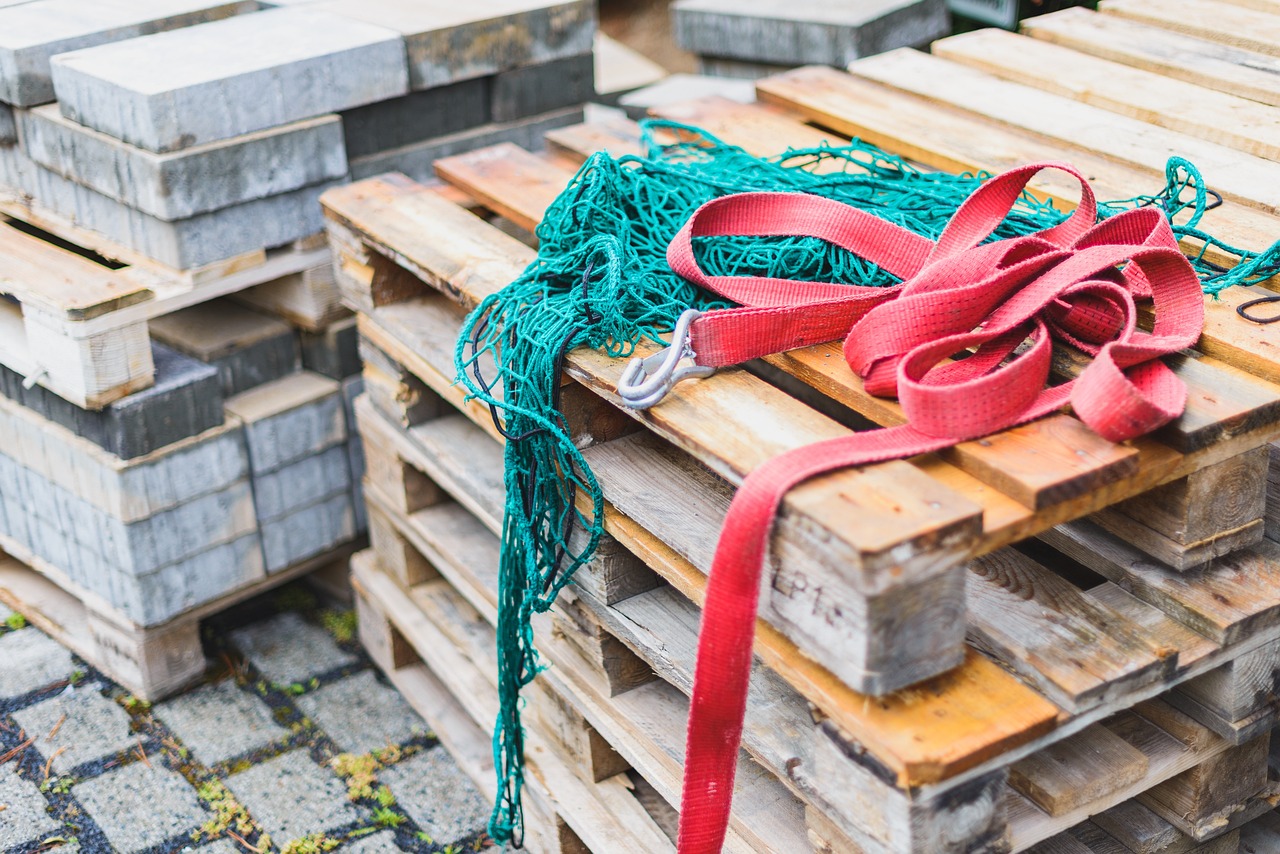Material banks and marketplaces
The starting point for circular construction is to transform buildings or reuse structures on-site, so that we do not have to handle CDW. When we do have to demolish or construct a building, a main challenge for circularity is to match supply and demand: to get the right amount of reused or recycled construction materials in the right quality and at the right time for a renovation or construction project. Physical material banks and digital marketplaces are essential to connect the materials from demolition sites (supply) with construction sites (demand).
This replication package presents the CityLoops experiences from establishing and running physical material banks for CDW and soil, as well as experiences with digital marketplaces.
Considering the tight and overlapping timelines in the construction industry, storage of secondary materials is necessary until their destination and onward use are confirmed. Local authorities may allocate space and explore local sites for the possibility of providing storage space as part of a reuse hub, but storage can also be provided by demolition or material handling companies. Many business models are currently under development e.g., land provided by local authorities, temporary land use prior to an urban project, private landlords and public-private co-operations. In CityLoops the examples are based on the municipalities allocating an area for temporary material storage in urban development areas.
Digital marketplaces are essential drivers for tracking and mapping resources. They enable matches between suppliers and procurers, by allowing the materials visibility and availability (where and when), and providing information (quantity, quality, cost). However, digital platforms do not have to be developed by local authorities themselves. Many of them are already headed by private companies and sometimes by public ministries. If possible, it is highly recommended to plug in to an existing one, as it will take time and money to develop a new website and it can be hard for one city to provide enough materials to attract users. The CityLoops cities started out by using digital databanks to provide an overview of their own accessible materials for their own projects, not for selling or exchanging resources with others – but this has already started to change.

